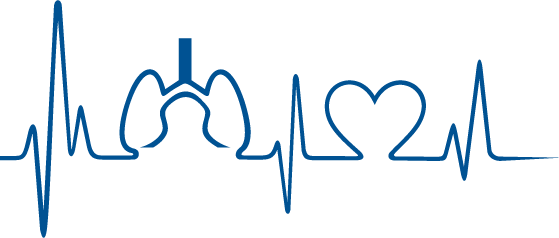
03 Oct Sleep as a vital sign
For years sleep disorders have been underestimated and sometimes undiagnosed. Some patients are not aware about the symptomatology of sleep problems. While other patients are mindful of these issues, but they do not think their concerns are relevant for reporting under a medical examination.
Published in the Sleep Health Journal, two important authors in the field of sleep medicine wrote an article called Sleep as a vital sign: why medical practitioners need to routinely ask their patients about sleep[1]. They looked to address the question of whether sleep should be assessed as part of routine medical evaluation. The importance of this topic is to recognise that sleep problems can predispose individuals to many medical conditions, and conversely, medical disorders can lead to sleep disturbance.
Malhotra and Grander argue that sleep is a critical marker or indicator of disease and recovery, and that changes in sleep are relevant for common disorders and presentations across many medical subspecialties. Physicians routinely asking their patients about sleep may find benefit from the detection and successful treatment of sleep disorders and the associated comorbidities.
Perhaps these clinical questions may help improve the relationship between the healthcare professionals and their patients. Sometimes a simple, seemingly trivial question about a patients’ sleep may in fact lead to a greater level of confidence in that health professional taking the patient’s problems seriously. Like blood pressure, blood glucose and body temperate, sleep is a vital sign, that sadly often gets overlooked.
References:
[1] Sleep as a vital sign: why medical practitioners need to routinely ask their patients about sleepAuthors: Grandner, Michael A. Malhotra, Atul.
Sleep Health: Journal of the National Sleep Foundation , Volume 1 , Issue 1 , 11 – 12
Available online: http://www.sleephealthjournal.org/article/S2352-7218(15)00026-1/fulltext

